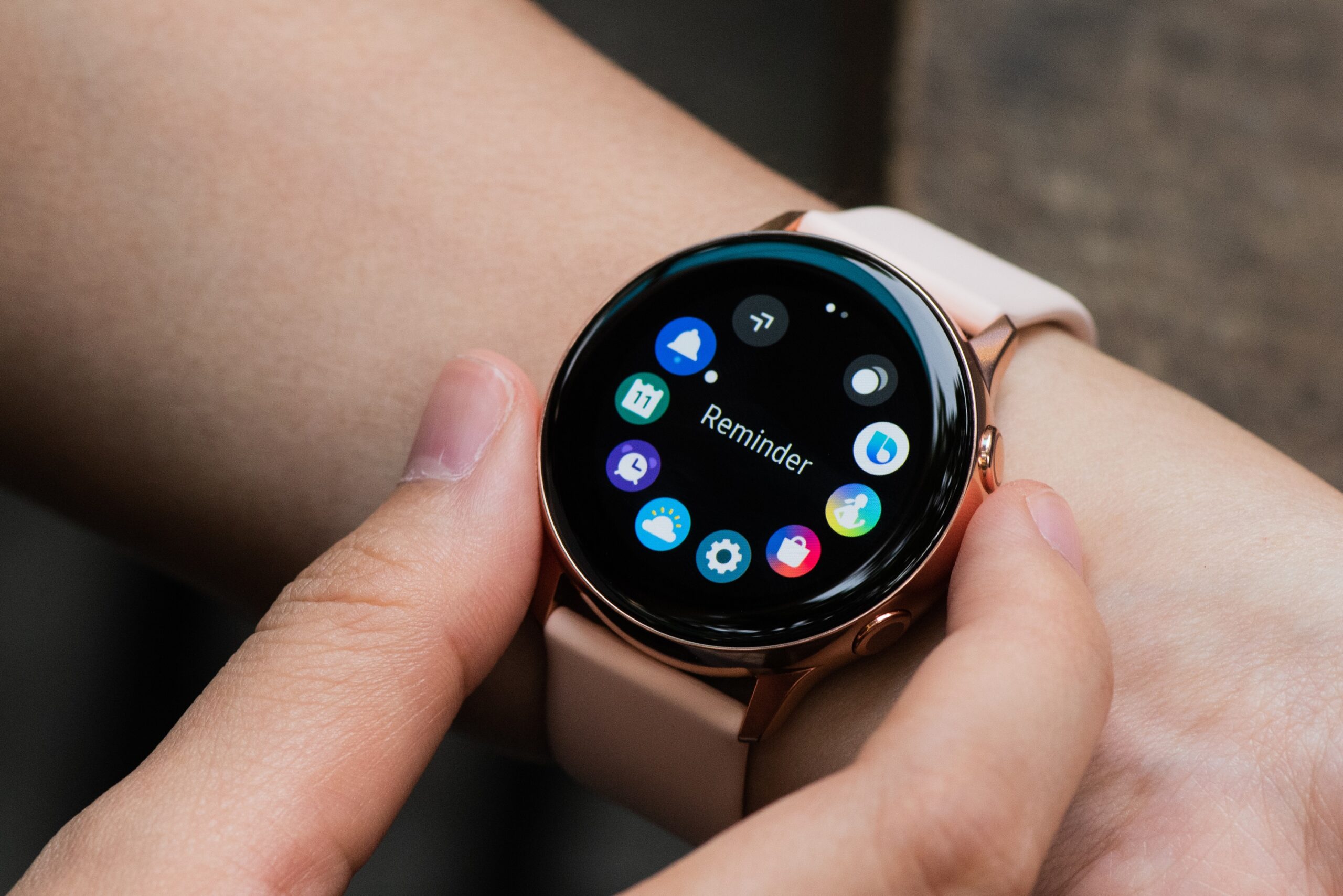
Samsung Electronics has received the U.S. Food and Drug Administration (FDA) approval for its innovative sleep apnea detection feature on Galaxy Watches, making a significant leap forward in the health tech domain. The feature is scheduled for release through a software update in the third quarter of 2024. This means that sleep apnea detection will become available on your Galaxy smartwatch no earlier than July.
The availability of the sleep apnea detection feature on Galaxy Watches will vary depending on the market and the model number of the smartwatches. Samsung has not provided specific details regarding which Galaxy Watch models will receive the anticipated update, but the Galaxy Watch 6 and Galaxy Watch 6 Classic are likely candidates. Despite these uncertainties, the introduction of sleep apnea detection is a significant addition to smartwatch capabilities.
What is Obstructive Sleep Apnea (OSA)?
Obstructive Sleep Apnea (OSA) is a common but serious condition characterized by repeated interruptions in breathing during sleep, affecting approximately 25% of men and 10% of women in the United States, as reported by the National Sleep Foundation (NSF). These interruptions can lead to a host of health issues, including but not limited to high blood pressure, heart disease, stroke, diabetes, and certain types of headaches, according to experts at Johns Hopkins Medicine. Despite its prevalence, a significant number of individuals with OSA remain undiagnosed, largely due to a lack of symptom awareness and accessible diagnostic tools.
Numerous studies have shown a correlation between sleep apnea and various health conditions, including Type 2 diabetes, strokes, heart attacks, and reduced life expectancy. Obesity, commonly associated with sleep apnea, significantly increases the risk of developing diabetes, stroke, and heart attacks. Research also suggests a direct link between sleep apnea and the onset of diabetes. Depending on the severity and associated complications in the body system, addressing sleep apnea requires consultation with a qualified medical professional.
How Samsung’s Watch Detect Sleep Apnea?
Samsung’s sleep apnea detection feature is designed to address this gap by enabling users to monitor their sleep patterns and detect potential warning signs of OSA. To utilize this feature, users must:
| Requirement | Details |
|---|---|
| Device Compatibility | Must wear a compatible Galaxy Watch. |
| Sleep Monitoring Periods | Two sleep periods, each lasting more than four hours within a ten-day timeframe. |
| User Age | Accessible to adults over the age of 22. |
| Application | Utilizes the Samsung Health Monitor app, incorporating snoring detection, oxygen saturation monitoring during sleep, and a sleep score based on sleep phase duration and movement. |
Samsung’s Commitment to Health and Wellness
The FDA’s approval of Samsung’s sleep apnea tracker underscores the company’s commitment to advancing health and wellness technology. Samsung’s approach to sleep health is holistic, focusing on understanding sleep patterns, fostering better sleep habits, and creating an environment conducive to quality sleep. This initiative is part of Samsung’s broader strategy to enhance users’ well-being through innovative technological solutions.
Samsung’s achievement not only highlights its leadership in the health-centric smartwatch technology space but also sets a precedent for other companies in the industry. Although Apple Watches are rumored to be in line for a similar upgrade, along with additional health monitoring tools such as blood pressure and diabetes monitoring, Samsung has established a significant lead by being the first tech company to receive U.S. market FDA approval for a sleep apnea detection feature.
The importance of sleep in overall health cannot be overstated, with numerous studies linking sleep apnea to a variety of serious health conditions, including Type 2 diabetes, strokes, heart attacks, and reduced lifespan. Obesity, often associated with sleep apnea, further increases the risk of these conditions. Samsung’s technology not only aids in the early detection of sleep apnea but also encourages users to seek medical advice and intervention, potentially mitigating the adverse health impacts associated with the condition.
Related News:
Featured Image courtesy of Shutterstock
